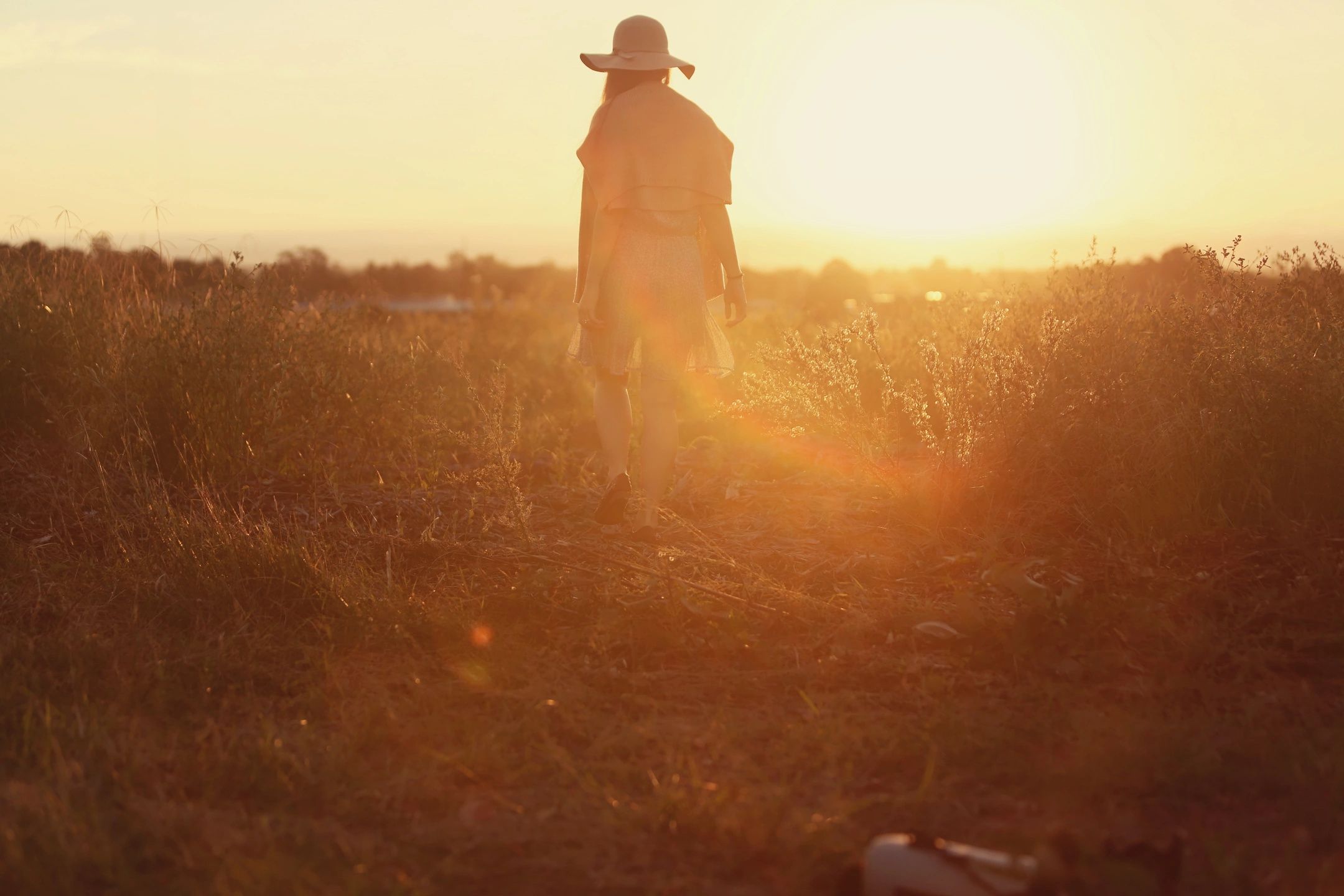
5 Ways To Keep Kids Safe This Summer
Summer solstice has come and gone, and the long days and warm breeze have brought opportunities to enjoy the great outdoors and travel on summer holidays with your kids. Of course, donning a swimsuit and running around in parks comes with its own warnings, but with preparation and vigilance, the summertime can also be a fun, relaxing and safe time for the family.
1) Supervise your kids when in water
With the rising temperatures, youngsters are naturally drawn to the fun and cooling effects of playing in pools, water sources up and down the country. But, with that comes the ever present risk of drowning. Drowning is the third highest cause of accidental death for children in the UK; it’s an Office of National Statistics fact that no parent can overlook, especially in summer. Children can drown in as little as 5 centimetres of water, so adult supervision is an absolute necessity. Even small things really make a difference, for example make sure you empty and tidy away any paddling pools after you’ve used them and put a net or a fence around garden water features. As we all know drowning occurs when water travels through the airways and into the lungs. ‘Dry drowning’ however, is less well known. It occurs when a small amount of water is taken into the airways and causes spasms which can lead to problems with breathing up to 5 hours after the initial event. We can’t always see whether a child has inhaled a small amount of water, so vigilant parents need to recognise the symptoms of dry drowning, these include; chest pains, problems with breathing, changes in your child’s behaviour, extreme tiredness, constant coughing – any of which can occur up to 5 hours after swimming. It’s imperative that we supervise children when around water –mitigate any risks and be prepared for accidents. Remember to keep your children well hydrated to reduce the risks of cramp and only let them get into depths they are comfortable with, and use swimming aids if there is any doubt about their swimming ability.
2) Stock First Aid essentials
We’ve all experienced little accidents and injuries on holiday – but as Baden Powell so famously said ‘Be Prepared’. To avoid midnight trips to the pharmacy in a country you don’t know and to avoid needless shopping around in a language you don’t speak – it’s important to travel with a first aid kit. Pack your first aid kit with essentials including simple painkiller like ibuprofen and Paracetamol, these are also handy to help bring down a fever in your little ones. Antihistamines will also help for all those nasty insect bites and hay fever symptoms, and I would also recommend an antiseptic, plasters and gauze for inevitable cuts and bruises. Pack an emollient like E45 or a barrier cream like Sudacrem to alleviate any skin symptoms you may experience while on holiday.
3) Encourage your kids to be active
With nearly 10% of children in first year of school in England classed as obese it’s more important than ever to keep them active. Summer is an ideal time to kick start that fun fitness program – take advantage of the countryside, parks and seaside, and don’t forget to join in! Studies have repeatedly shown that active parents make for active kids. I always recommend team activities as this not only provides great exercise for kids but it also improves their mental and social development. Athletics is one discipline that utilises lots of different muscle groups and works the cardiovascular system, but on those particularly hot days, nothing beats a cooling splash around in a pool.
4) Protect your kids from the sun
Whilst you would be forgiven for thinking that the British summer time is often overcast, UV rays from the sun can still penetrate through the cloud layer to your child’s skin. We are now aware that the risk of skin cancers like melanoma is increased by childhood exposure to high amounts of UV. It is incredibly important to ensure regular and frequent use of high SPF sun tan lotion to your children’s delicate skin as well as ensuring they aren’t out in the mid day sun and they are protected as much as they can be by wearing hats and long sleeve clothing. Don’t forget to top up your own sun protection at the same time – skin cancer is a risk for everyone, not just kids. And the sun isn’t only a concern when it comes to skin damage, it can also cause heat exhaustion. Young children and infants are particularly susceptible to overheating, so not staying outdoors in the hottest hours of the day or indeed if they’re a bit older, teaching them to come indoors when they feel too hot, and drinking plenty of fluids and ensuring they’re in light, loose clothing will help.
5) Prepare for bug bites
Always try to avoid insect bites if you are in areas with lots of mosquitos and ticks, using mosquito nets, long-sleeved light clothing and insect repellents. When choosing bug repellents this summer, there are many brands out there, but those containing DEET are considered the most effective, though in children we don’t recommend you go above 30% concentration of DEET, and avoid it completely if there are less than 2 months old. If your child gets a mosquito bite, it’s rarely a cause for concern and will resolve in a few days, unless they have more serious reactions to it like blisters, or it becomes infected, or in extreme cases (though is very unlikely in mosquito bites and more so in other stinging insects) anaphylaxis, in which case you should seek urgent medical attention. The common symptoms of bug bites are redness, itching, swelling, and burning sensation. To relieve the itching for your child, you can use topical over-the-counter antihistamine or crotamiton cream. If you find a tick on your child’s skin, you can pull it out by its head using tweezers. You should then wash the infected area with soap and water and apply an antiseptic cream to the skin around the bite.


